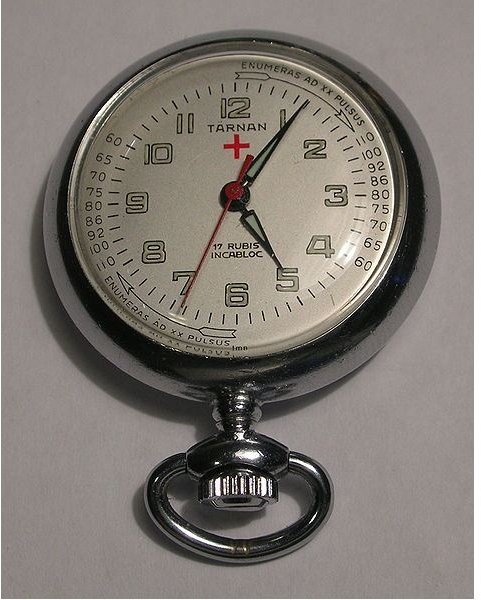Are Careers in Medical Writing A Good Option?
Scope
Medical errors rank among the leading causes of patient deaths. Medical writing help bridge gaps in clinical knowledge, reducing medical errors and leading to effective patient care.
The scope of medical writing extends to:
- Preparing paperwork associated with clinical trials and regulatory procedures for launching new drugs. Examples of documents include clinical and pre-clinical study reports, trial reports, protocols, patient informed consent forms, investigator brochures, summary documents and white papers
- Preparing new drug and medical device documentation for health care professionals and general audiences
- Preparing marketing and training literature for medical sales representatives
- Writing and editing medical journal articles for nurses, physicians, and pharmacists
- Editing or re-writing scientific papers, research abstracts and grant applications
- Preparing handouts and data presentations for medical conferences
- Preparing course material for heath care colleges and programs
- Preparing posters for display in hospitals and clinics for benefit of patients
Image Credit: Wikimedia Commons
Qualifications and Skills Required
Although careers in medical writing require no specific qualifications, medical writers remain highly qualified, with many of them M.Pharm, M.D., or Ph.D. holders, having branched out from careers related to drug discovery or clinical research.
Opportunities exist for new graduates and people with little or no experience in health care. Opting for biology, math, chemistry, and health in high school provides the foundation. Of primary importance is however knowledge and exposure to life sciences, with a graduate degree in life sciences a must for entry-level jobs. Most employers prefer credentialed medical record and health information technicians.
Many colleges and universities offer medical writing program, with a few such as University of the Sciences in Philadelphia even offering masters degree in biomedical writing.
The key skills required include:
- Good understanding of medical knowledge, especially medical terminology, anatomy, physiology and other medical concepts
- Knowledge of health data requirements and standards, such as FDA guidelines for preparing regulatory documents, and clinical classification and coding systems
- Ability to summarize data while retaining key information
- Good writing skills, with ability to simplify complicated information without changing facts and retaining the logical flow
- Familiarity with different writing styles and formatting guidelines such as APA, MLA, Harvard,Chicago and others
- Good computer and typing skills
- Project and time management skills, and ability to work under pressing deadlines
- Basic knowledge of statistics
Regular reading of medical and pharmaceutical journals and keeping track of drugs developed by pharmaceutical company and approved by the Food and Drug Administration (FDA) help medical writers remain updated in the profession and prevent their skills and knowledge from atrophying.
Employers
The major employers of medical writers are pharmaceutical companies, contract research organizations, and medical communication agencies. Other employers include academic medical centers, medical foundations, large hospitals, medical advertising and communication agencies, medical education companies and colleges, and publishers, including websites. Opportunities in the government come from National Institute for Clinical Excellence (NICE).
Work in pharmaceutical companies and contract research organizations usually entails preparing detailed technical documents and following strict templates and regulatory guidelines. Work in other places such as medical communications agencies usually involves preparing marketing documents that offer more scope for creativity.
Pursuing medical writing careers as a freelancer is also possible, although most successful freelancers work in organizations for many years before freelancing. Freelancers usually undertake the same types of work as regular employers, and work for the same employers.
Medical writing is one health care related work with no direct or indirect patient care involved. The work is a desk job, with possibility for telecommuting. The job can however remain stressful and involve long hours owing to tight deadlines. The pay is higher than what other writers get because of the complexities involved. The average annual salary exceeded $74,000 in 2004. Employment prospects remain bright thanks to new developments in healthcare technology.
The Drug Information Association (DIA), American Medical Writers Association (AMWA), and European Medical Writers Association (EMWA) offer many resources including training and career opportunities for medical writers. The careers pages list many medical writing vacancies.
References
- University of Kent. Career Advisory Services. “I Want to Work in Science and Medical Writing.” https://www.kent.ac.uk/careers/workin/sciencewriting.htm
- American Medical Writers Association. “Toolkit for New Medical Writers.” https://www.amwa-dvc.org/gettingstarted/toolkit.shtml
- Dr Heater, Harrison. “A Career in Medical Writing. Is it Right for you?.” https://www.pdrpartners.co.uk/articles/articles_item.asp?bga=1&id=22
- Webb, Sarah. “Working as a Medical Writer.” https://sciencecareers.sciencemag.org/career_development/previous_issues/articles/2007_06_22/caredit_a0700088
